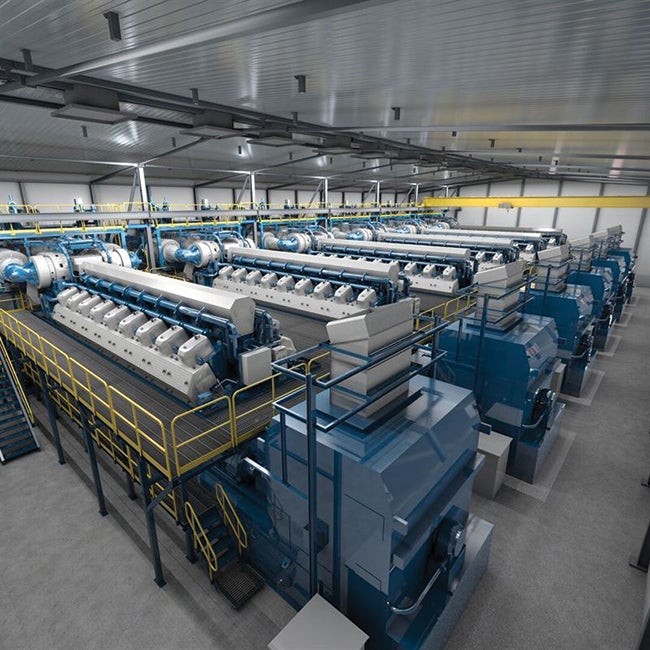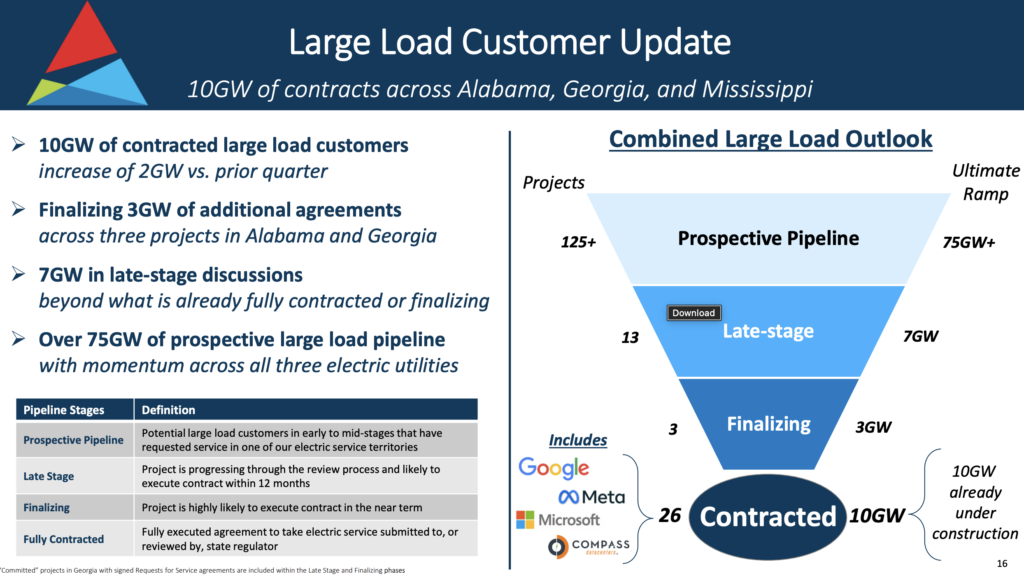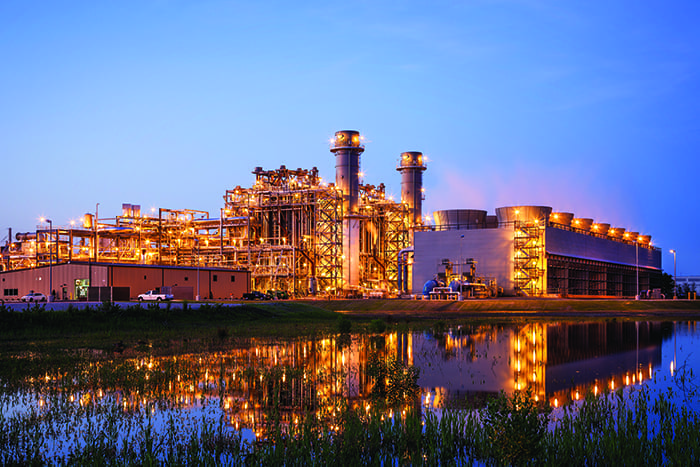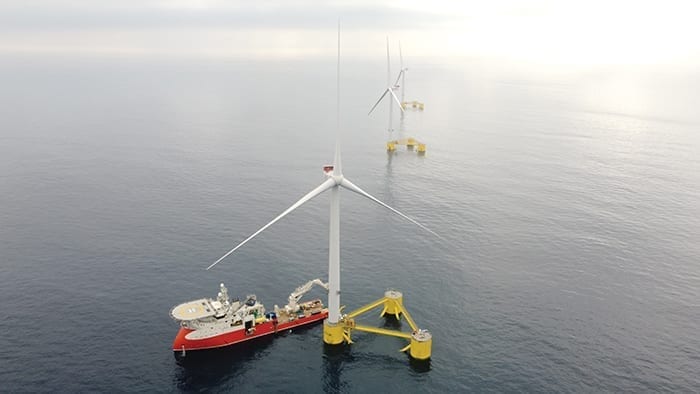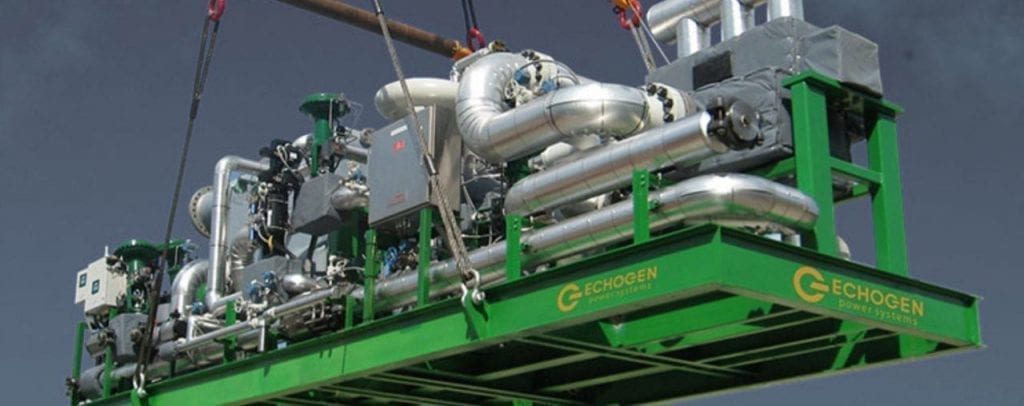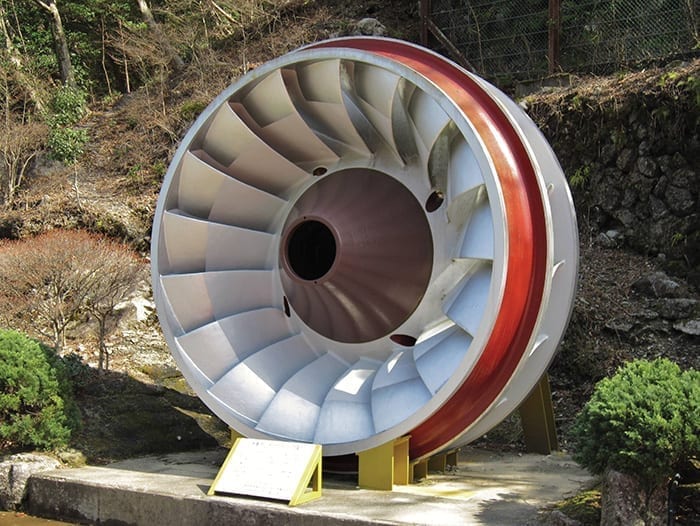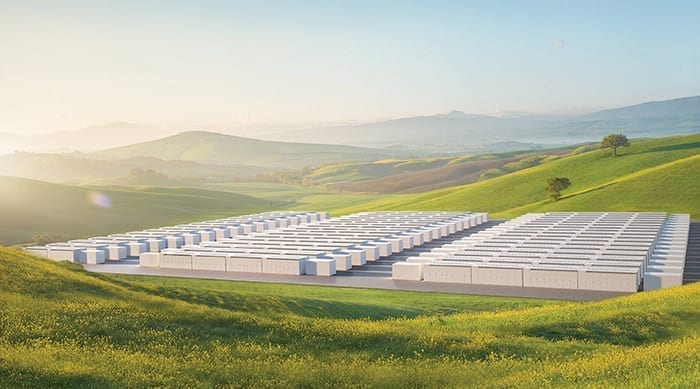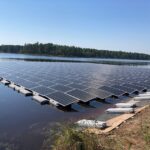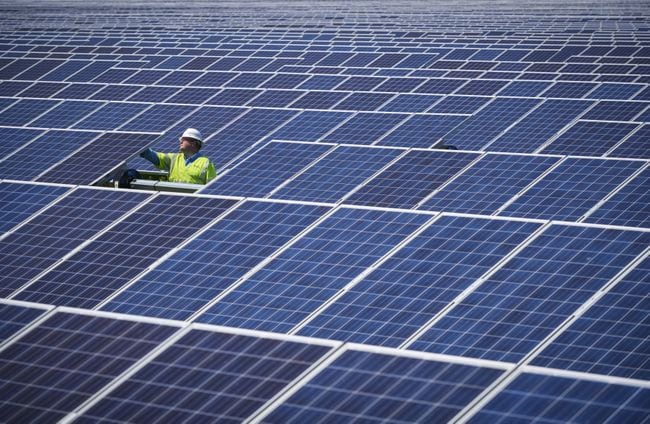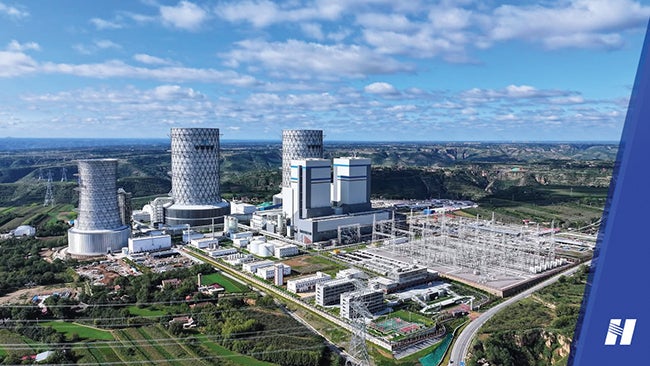-
22 megawatts of electricity storage to enhance Florida’s smart grid
ST. PETERSBURG, Fla. – Duke Energy Florida (DEF) today announced three battery storage projects, totaling 22 megawatts, that will improve overall reliability and support critical services during power outages.
Collectively, the storage facilities will enhance grid operations, increase efficiencies and improve overall reliability for surrounding communities.
They will also provide important backup generation during power outages, a service that is becoming increasingly important with the number and intensity of storms that have recently impacted the state.
As the grid manager and operator, DEF can maximize the versatility of battery technology to include multiple customer and electric system benefits such as balancing energy demand, managing intermittent resources, increasing energy security and deferring traditional power grid upgrades.
These benefits help reduce costs for customers and increase operational efficiencies.
- The 11-megawatt (MW) Trenton lithium-based battery facility will be located 30 miles west of Gainesville in Gilchrist County. The energy storage project will continue to improve power reliability using newer technologies.
- The 5.5-MW Cape San Blas lithium-based battery facility will be located approximately 40 miles southeast of Panama City in Gulf County. The project will provide additional power capacity to meet our customers’ increasing demand for energy. This project is an economical alternative to replacing distribution equipment necessary to accommodate local load growth.
- The 5.5-MW Jennings lithium-based battery facility will be located 1.5 miles south of the Florida-Georgia border in Hamilton County. The project will continue to improve power reliability through energy storage as an alternative solution to installing new and more costly distribution equipment.
Currently the company plans to complete all three projects by the end of 2020.
“These battery projects provide electric system benefits that will help improve local reliability for our customers and provide significant energy services to the power grid,” said Catherine Stempien, Duke Energy Florida state president. “Duke Energy Florida will continue to identify opportunities in battery storage technology which will deliver efficiency improvements to our customers.”
Additional renewables projects
As part of DEF’s commitment to renewables, the company is investing an estimated $1 billion to construct or acquire a total of 700 MW of cost-effective solar power facilities and 50 MW of battery storage through 2022.
Duke Energy is leading the industry deployment of battery technology. Last fall, the company and University of South Florida St. Petersburg unveiled a Tesla battery storage system that is connected to a 100-kilowatt (kW) solar array – the first of its kind in Florida.
This solar-battery microgrid system manages the energy captured by the solar array, situated on top of the university’s parking garage. The solar array was constructed three years ago through a $1 million grant from Duke Energy. The microgrid provides a backup power source during a power outage for the parking garage elevator, lights and electric vehicle charging stations. Click here to learn more.
In addition to expanding its battery storage technology and solar investments, DEF is investing in transportation electrification to support the growing U.S. adoption of electric vehicles (EV), 530 EV charging stations and a modernized power grid to deliver the diverse and reliable energy solutions customers want and need.
Duke Energy Florida
Duke Energy Florida, a subsidiary of Duke Energy, owns a diverse generation mix of natural gas, coal and renewables, providing about 10,200 megawatts of owned electric capacity to approximately 1.8 million customers in a 13,000-square-mile service area.
Duke Energy (NYSE: DUK), a Fortune 150 company headquartered in Charlotte, N.C., is one of the largest energy holding companies in the U.S. It employs 30,000 people and has an electric generating capacity of 51,000 megawatts through its regulated utilities, and 3,000 megawatts through its nonregulated Duke Energy Renewables unit.
Duke Energy is transforming its customers’ experience, modernizing the energy grid, generating cleaner energy and expanding natural gas infrastructure to create a smarter energy future for the people and communities it serves. The Electric Utilities and Infrastructure unit’s regulated utilities serve approximately 7.7 million retail electric customers in six states – North Carolina, South Carolina, Florida, Indiana, Ohio and Kentucky. The Gas Utilities and Infrastructure unit distributes natural gas to more than 1.6 million customers in five states – North Carolina, South Carolina, Tennessee, Ohio and Kentucky. The Duke Energy Renewables unit operates wind and solar generation facilities across the U.S., as well as energy storage and microgrid projects.
Duke Energy was named to Fortune’s 2019 “World’s Most Admired Companies” list, and Forbes’ 2019 “America’s Best Employers” list. More information about the company is available at duke-energy.com. The Duke Energy News Center contains news releases, fact sheets, photos, videos and other materials. Duke Energy’s illumination features stories about people, innovations, community topics and environmental issues. Follow Duke Energy on Twitter, LinkedIn, Instagram and Facebook.


